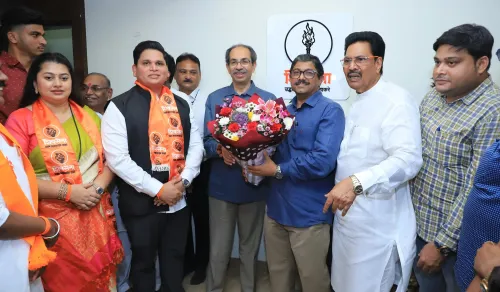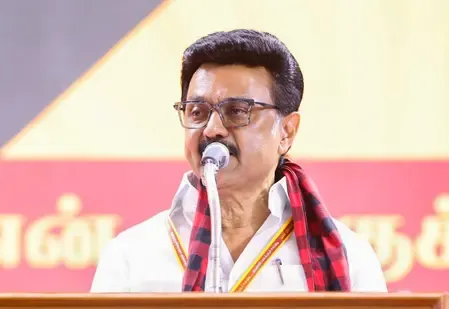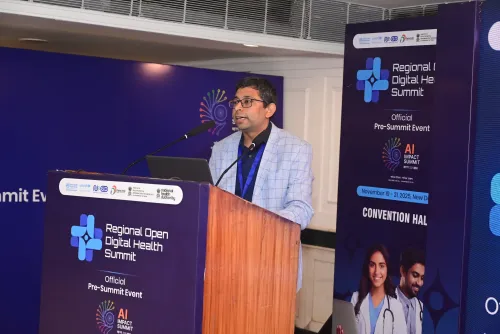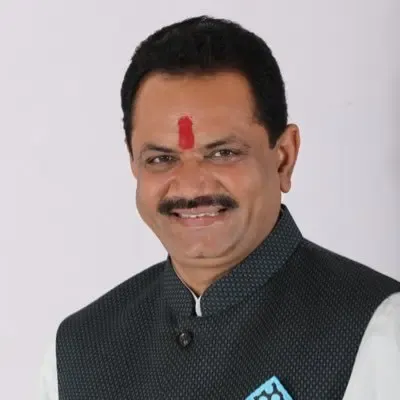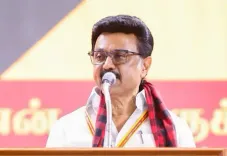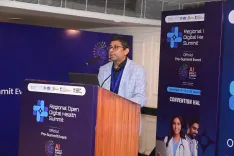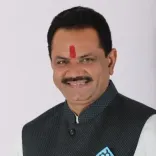Does Emergency Still Exist Within Congress?
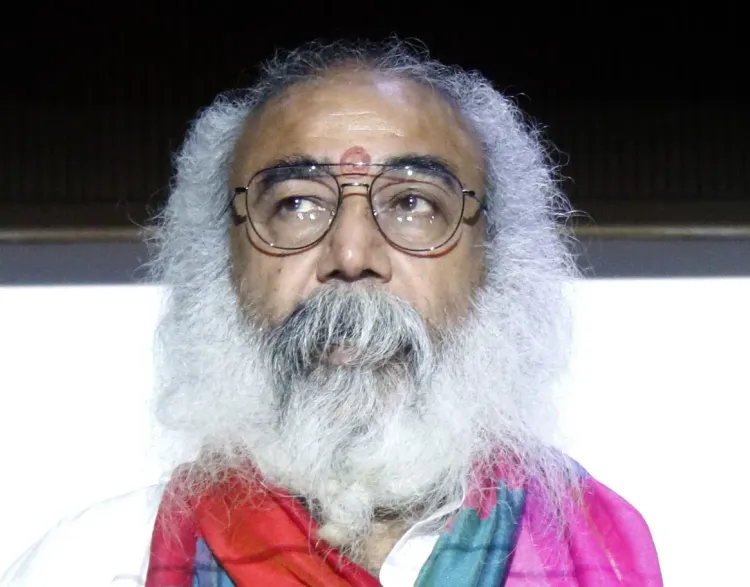
Synopsis
Key Takeaways
- Emergency mentality remains in the Congress party.
- True democracy involves freedom of speech and expression.
- Reflection on the 1975 Emergency reveals lessons for contemporary politics.
- The importance of civil liberties in a democracy cannot be overstated.
- Political discourse should encourage open dialogue.
Ghaziabad, June 25 (NationPress) As the nation commemorates 50 years since the Emergency was declared, spiritual leader Acharya Pramod Krishnam has ignited a new political discussion by asserting that while the Emergency may no longer be a national concern, it still manifests within the Congress party.
In an interview with IANS, Acharya Pramod Krishnam remarked: “There is no possibility of enacting an Emergency in a democracy. Although democracy is alive and well in the country today, an Emergency mentality is still evident within Congress. Anyone who mentions Rahul Gandhi risks becoming a casualty of this internal Emergency.”
He underscored that genuine democratic actions—like displaying posters, making statements, delivering speeches, and conducting rallies—are the cornerstones of a robust democracy.
“This is not a novel concept; this is democracy. However, within Congress, the Emergency mindset persists,” he stated.
Reflecting on the Emergency of 1975, Acharya Pramod noted, “That was a decision made by the government at the time. The world understands why it was implemented, how it was carried out, and the consequences that followed. Every year, discussions arise regarding whose interests were safeguarded and whose rights were violated. There’s no need for further elaboration—every child in the country is aware of the reasons behind the Emergency.”
On this day, June 25, 1975, India entered one of the most contentious and authoritarian chapters in its democratic narrative. Then-Prime Minister Indira Gandhi declared a national Emergency, citing internal turmoil. Civil liberties were suspended, press freedoms were curtailed, and thousands of political figures and activists were imprisoned without trial. The Emergency lasted for 21 months, concluding on March 21, 1977.
This was the third national Emergency in India, following the first in 1962 during the conflict with China and the second in 1971 during the Indo-Pak war.
The decision followed extensive protests, soaring inflation, unemployment, and a pivotal court ruling by Justice Jagmohanlal Sinha of the Allahabad High Court.
On June 12, 1975, he ruled Indira Gandhi guilty of electoral misconduct, disqualifying her from office for six years—an event widely regarded as the catalyst for the Emergency.

